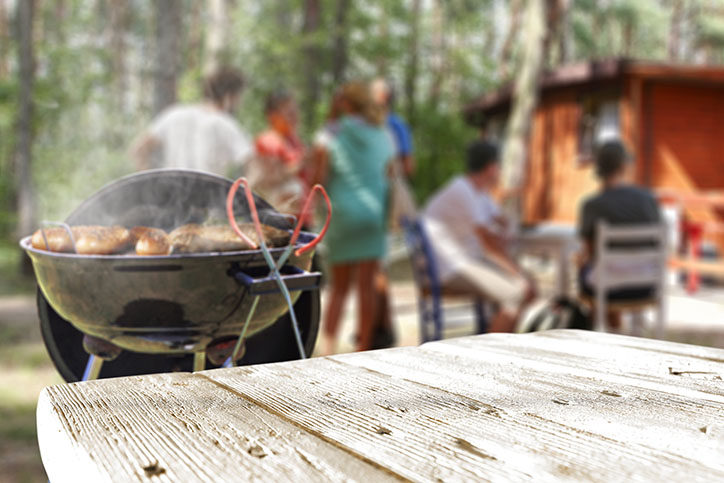Heading to a party or cookout this summer? Don’t invite food poisoning. At outdoor parties and cookouts, the temperature of food can change, allowing bacteria to grow. Germs and bacteria on your food can cause food poisoning.
Poison Exposures in Children- Summer Edition

Summertime is finally here! Whether children are staying home or going to camps or on vacations, they will likely spend time exploring their environments.
Common Skin Exposures

At the Maryland Poison Center, we talk a lot about poisons that are swallowed. But, did you know we manage other types of poison exposures, too? Let’s look at other ways a person can be exposed to a poison, such as skin exposures.
A Day in the Life of a Poison Center

Have you ever wondered what a day is like at the Maryland Poison Center? Let’s take a look!
Common Eye Exposures
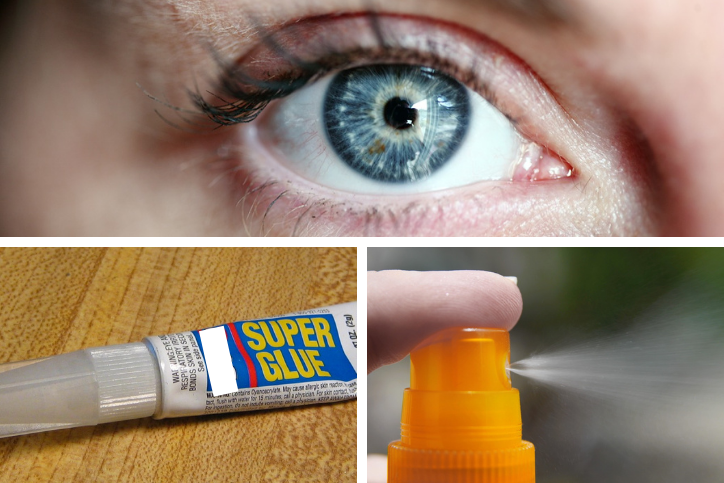
At the Maryland Poison Center, we talk a lot about poisons that are swallowed. But, did you know we manage other types of poison exposures, too? Let’s look at other ways a person can be exposed to a poison, such as eye exposures.
Spring Poison Safety

Each season comes with different poison safety risks that we must keep in mind. During the spring season, life gets busy with the return of warm weather, kick-off of sports seasons, and spring break vacations. These tips will help you stay poison safe this spring.
Mr. Yuk’s 50th Birthday
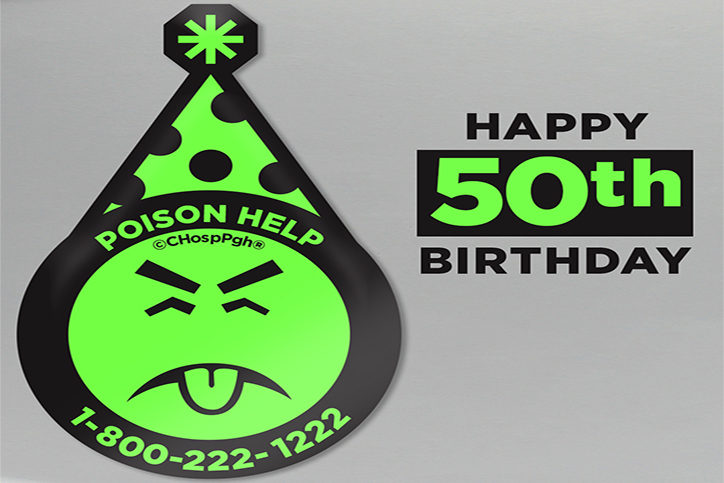
Mr. Yuk celebrates his 50th birthday in 2021! The familiar green face was created at the Pittsburgh Poison Center in 1971. Dr. Richard Moriarty, the founder of the Pittsburgh Poison Center, wanted to create a symbol that could help prevent poisonings in children.
National Poison Prevention Week 2021
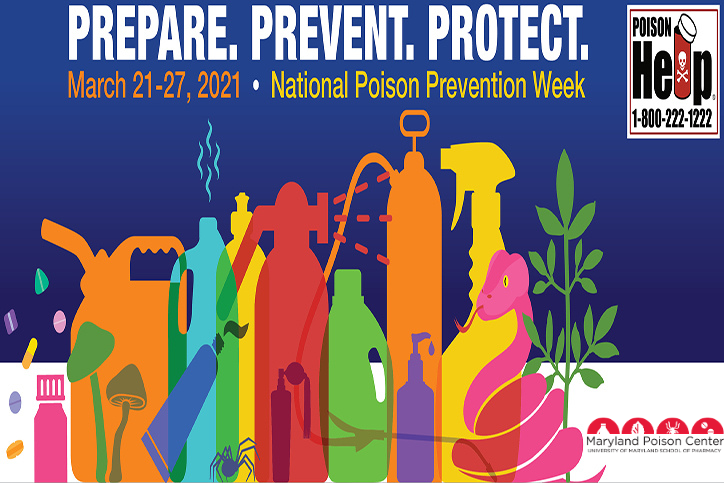
National Poison Prevention Week (NPPW) has been observed in the United States since 1962. It began on February 7, 1962, when President John F. Kennedy responded to a request from Congress and proclaimed the third full week of March every year as National Poison Prevention Week.
Poison Centers are for Everyone

A common myth we hear is that poison centers are just for little kids. But, that couldn’t be further from the truth — poison centers are for everyone!
Child-Resistant Packaging
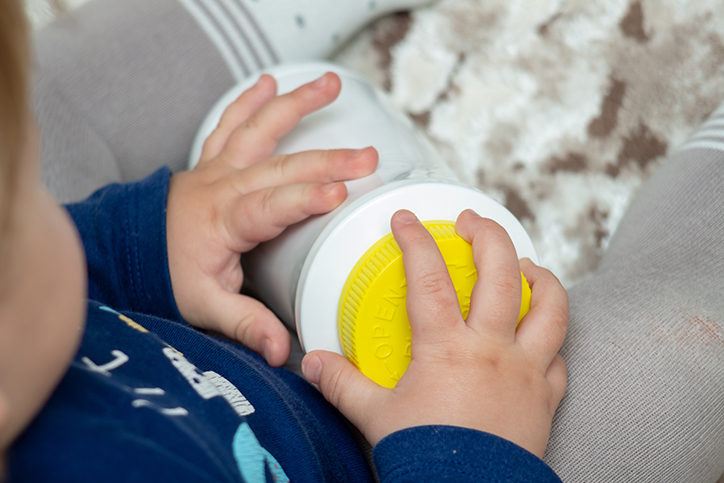
Child-resistant packaging first came into Americans’ lives in 1970. Hundreds of children had been dying each year after getting into household products and medicines. Then the Poison Prevention Packaging Act (PPPA) was signed into law.

